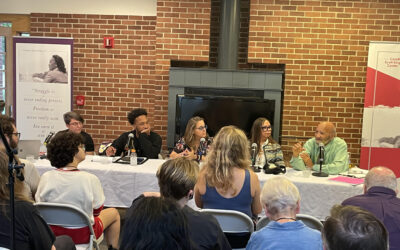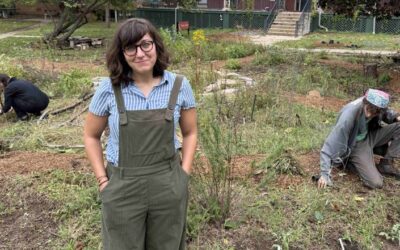On Saturday, March 14, from 6-9 PM, The Blue House Gallery is opening its first show of 2020 with a tacit agreement, featuring new works Assistant Professor of Sculpture and Installation Michael Casselli ‘87.
a tacit agreement is a new installation by Casselli, whose work was originally rooted in performance and installation. This led him to produce and engineer the monothlitic performative objects that make up his installation. a tacit agreement asks the viewer to confront the elusive history and complicated administration of punishment. Blue House Arts is happy to be able to support the artist and provide the space for this exhibition.
Below is a statement from the artist:
My work is invested in the hybridization of forms, processes, and media. In my initial attempts to understand the role these interests played in my work, I staged
large-scale outdoor mixed-media performance-based installations. It was through these that I focused on implications of presence in sense-based perception and the physicality inherent in performance. The work was able to address this questioning without relying upon traditional narrative structures, there was no “story,” only implications. Performance allowed me to produce work that left very little physical residue, the work continues on as in memory and confronts the dominance of object-based work. I distrust the object if its sole purpose is to represent.
My interest in the presence and role the spectator plays in the process of completing the work is a constant thread that runs through my work. By eliminating physical boundaries between the viewer and the work, I provide an opening through which they can enter into it. I am interested in creating an experience, allowing an active engagement with the work instead of a passive viewing.
My vocabulary continues to expand, searching for more subtle ways of responding to these concerns though I have come to the conclusion that my work is intended to ask these questions, not to answer them. Making work is most exhilarating when collisions are valued as an essential part of the process and by engaging a dialectic structure of inquiry the collisions will always be possible.



